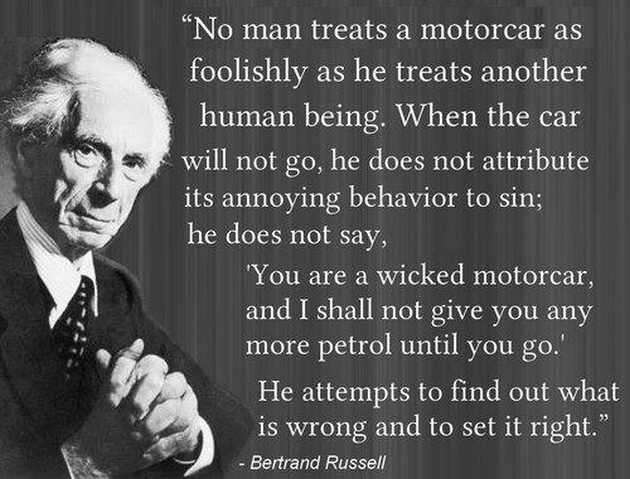
The world is becoming less religious every year. According
to a survey of people in 57 countries around the world, the percentage of people who
considered themselves to be religious fell from 77% in 2005 to 68% in 2011.
According to a survey done in America, in 2007 78% of Americans considered themselves to be Christian
and 16% considered themselves to be religiously unaffiliated. By 2014, 70% of
Americans considered themselves to be Christian and almost 23% considered
themselves to be religiously unaffiliated. Religion may not ever become
extinct, but it is certainly heading towards being endangered.
What are we going to do in a world without religion? Will
the world become a kinder, more intelligent place, or will it be left in
shambles? Should we erase religion entirely, or should we try to keep parts of
it and integrate it into modern society? These are the questions we are left
with. They will need to be addressed in every facet of society, but for the
sake of brevity, I will only address education and criminal justice.
The battle between church and state is, in America, most
obvious in the public education system. As of 2013, 33% of Americans do not
believe in evolution, and many of these people do not want it to be taught in public school. There is
a similar war being waged over sex education, with many parents wanting
abstinence-only education being taught instead of safe sex education (even
though states in which abstinence-only education is taught have the highest
teen pregnancy rates). Alain de Botton believed that secular education is lacking: “While it was at
first hoped by Arnold, Mill and others that universities could deliver secular
sermons that would tell us how to avoid bigotry and find helpful things to say
when visiting ill people, these centres of learning have never offered the kind
of guidance that churches have focused on, from a belief that academia should
refrain from making any associations between cultural works and individual
sorrows.” I, however, believe that without religion in the way, schools would
finally be able to teach what has been scientifically proven to be true instead
of catering to incredibly old and disproven ideas to avoid backlash, and this
would result in a more intelligent populace. Classes teaching about morals
(from a nonreligious point of view in which the center of morality was to never
hurt others) could be offered, and cultural examples could be used to back up
the lessons.
The criminal justice system is another area of society that
would greatly benefit from a decline in religion. In America, the criminal
justice system is based on punishment. When someone breaks the law, they go to
prison for a certain amount of time in the hopes that while there, they will
have some epiphany that causes them to change their ways and never break the
law again. This system is absolutely not working. Within three years of
release, 67.8% of prisoners are rearrested, and within five years of release,
76.6% are rearrested. Who could blame them for not reforming? 1 in 20 prisoners are raped or sexually
assaulted (with 40% of transgender inmates being raped or sexually assaulted), and in 2012 there were 5.8 million violent crimes that were self-reported by inmates
as taking place within US prisons. If you don’t behave, you get sent to solitary confinement, possibly for years,
which is so horrible that it has been defined by the United Nations as torture.
This system is clearly based on a religious system of punishment and reward. If
you screw up, you deserve to be punished. Regardless of whether this satisfies
people’s need for justice, it’s not working. So what system should be use
instead? Finland has a prison system in which the gates are open, inmates are treated humanely,
and their rooms resemble college dorm rooms as opposed to prison cells. A Finn
inmate’s prison sentence is based on reform, not punishment. The result of this
is that in Finland, first time offenders have a recidivism rate of 35%. This system may leave religious people who crave justice and punishment
unsatisfied, but it is working, and in a nonreligious world it would be the
perfect system to adopt.
The world is becoming less religious by the year, and we are
going to need to adopt new systems to go along with it. Basing every facet of
society on a logical, scientific ground will help us to move forward in a
positive direction.
The Finns are our future! Just hope we can avoid their rate of depression/suicide, which no doubt has something to do with their latitude.
ReplyDeleteI do think there are benign varieties of "refined" religion that I'd be happy to coexist with, including Unitarians and Universalists and Buddhists and Transcendentalists. And some Humanists.